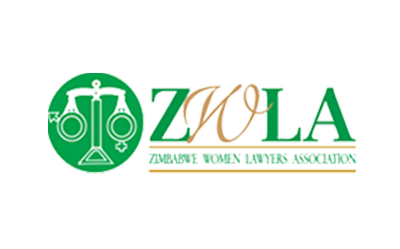
“DELIBERATE TRANSMISSION OF HIV”: THE LAW IN TERMS OF SECTION 79 OF THE CRIMINAL LAW CODIFICATION AND REFORM ACT (CHAPTER 9:23)
This article is meant to explain the current position of the law on deliberate transmission of HIV. The 2017 UNAIDS data statistics report it was stated that 1.3 million people are living with HIV/AIDs, 13.5% adult prevalence, 40 000 HIV new infections, 30 000 AIDs related deaths and 74% of adults are on antiretroviral treatment. Aware of such prevalence it is thus important to discuss the crime of “Deliberate transmission of HIV”.
In terms of the Criminal Law (Codification and Reform) Act [Chapter 9:23] section 79 Deliberate transmission of HIV is an offence. The Act states that,
“(1) any person who
(a) Knowing that he or she is infected with HIV; or
(b) realizing that there is a real risk or possibility that he or she is infected with HIV; intentionally does anything or permits the doing of anything which he or she knows will infect, or does anything which he or she realises involves a real risk or possibility of infecting another person with HIV, shall be guilty of deliberate transmission of HIV, whether or not he or she is married to that other person, and shall be liable to imprisonment for a period not exceeding twenty years.”
Put in simple language guilt is drawn if one transmits HIV fully knowing they are infected or with awareness of a real risk and possibility of them being infected with HIV. Section 15 of the same law goes on to define “real risk” as referring to awareness of the act leading to such infection in question or the component of recklessness leading to infection with HIV.
Therefore, although the offence can be committed if the accused actually infects the complainant, it can also be committed without proof of actual infection of the complainant by the accused. Where the accused realises that there is a real risk that he or she may be infected and he or she has sexual intercourse with another realizing that there was a real risk or possibility of infection, he or she is guilty of the offence.
With regards of the above where one alleges that the accused person infected the complainant it is required to prove beyond reasonable doubt that prior the act leading to the infection of a complainant/victim with HIV he/she did not have HIV. However it is important to note from analysis of most reported cases, involving sexual intercourse between adults, that this requirement is difficult to prove when the accused is adamant to accept guilt for such offence. This is the position because at present our medical evidence does not determine which of the adult partners was infected first if not virgins at point of alleged transmission.
On the other end the defence of an accused person in matters involving sexual intercourse strongly depends on “disclosure” of a positive status or possibility of real risk of infection. The person with whom disclosure is made should appreciate the nature of HIV and the acts leading to its infection thereof. Then after such disclosure the respective party should have consented to participate in the action leading to transmission of HIV thereof.
If the court assumes one knew of their status and infected the other, the law gives a sentence of up to 20 years imprisonment.
Finally, it is important to know your HIV status and to take the necessary measure to prevent transmission. It is also of utmost importance to be aware of each other’s HIV status prior engaging in sexual intercourse so that the consent comes with full knowledge. If you find out that you have been infected by a person, there is remedy within the law which criminalizes such an act.
BY RUTENDO SHAMAINE MAGADZIRE
For feedback, questions and comments please feel free to email zwla@zwla.co.zw or to phone our hotline number on +263782 900 900/+263776 673 873 or our toll free on 08080131 and landline +263242709491/ +263242 706820

 Contact us for
Contact us for 